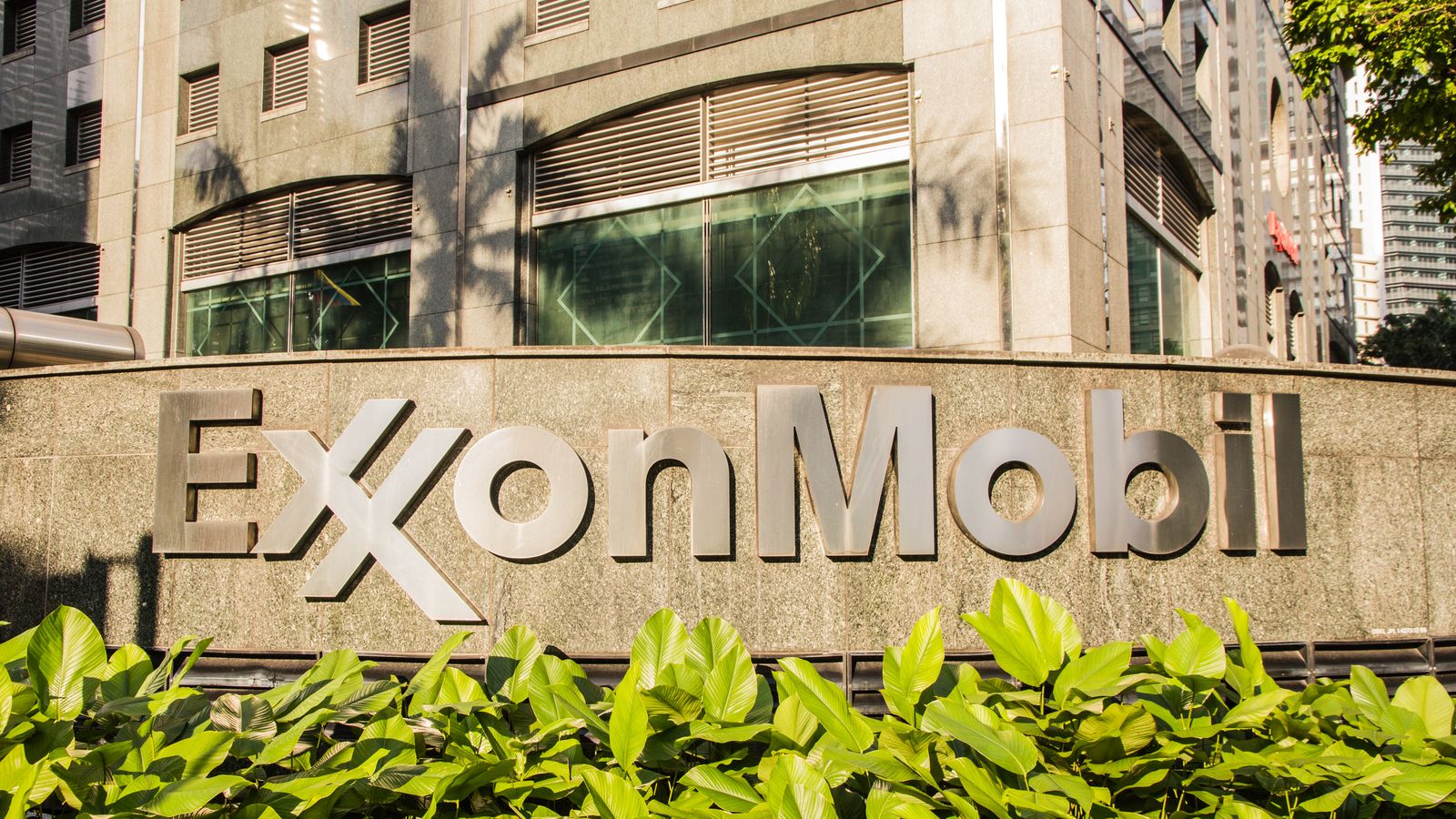As we get ready to wrap up another earnings season, investors in Exxon Mobil (NYSE:XOM) are wondering what may be next for the shares in the coming months. On July 31, the group reported dismal results for second quarter 2020, mainly reflecting the impacts of the COVID-19 pandemic on global oil demand. Yet Exxon Mobil stock was up in the days that followed the announcement. However, year-to-date, it is still down close to 40%.

Texas-based Exxon Mobil is the largest publicly traded oil company in the U.S. It is also the world’s third-largest after Royal Dutch Shell (NYSE:RDS.B, NYSE:RDS.A) and BP (NYSE:BP). Market participants knew Q2 results would be poor for oil companies. Higher oil prices help increase revenues, cash flows, and profits, helping the stock price go up.
There are three main factors that drive the price of oil: demand, current supply (i.e., output), and access to future supply, which is dependent on oil reserves. Especially March and April saw rapid declines in the price of oil.
But over the past several weeks, Brent crude prices have somewhat stabilized above $40. Fortunes of oil majors are in general linked to the price of crude.
Therefore, Exxon Mobil stock is likely to be range-bound between $40-$45 as long as there are no major moves in the price of oil. However, in case of a potential dividend cut by management, XOM shares would likely come under pressure and move below $40.
Q1 Earnings and Exxon Mobil Stock
As expected, Exxon Mobil lost $1.080 billion in the second quarter. It was the second quarterly loss in a row as Q1 loss had been $610 million. Revenue declined by 41.9% sequentially and 52.8% YoY.
The group reports revenue in three main segments:
- Upstream
- Downstream
- Chemical
Upstream activities include oil and natural gas exploration, field development, and production, while Downstream manages Exxon Mobil’s manufacturing, distribution and marketing activities for oil products and chemicals.
In other words, the downstream production process involves processing the materials collected during the upstream stage into a finished product. As one of the largest refiners in the world, the majority of the group’s refining capacity is integrated with Exxon Mobil’s lubricants and chemical businesses.
In Upstream, liquids volumes were down 7% from first quarter reflecting the impact of lower demand. Natural gas volumes were 15% lower driven by seasonal demand in Europe and scheduled maintenance.
Similarly in Downstream, industry fuels margins were considerably lower than in Q1, reflecting the impacts of COVID-19 on demand for gasoline and jet fuel. Exxon Mobil Stock experienced unfavorable mark-to-market derivative impacts associated with its trading activity, compared to favorable impacts in Q1.
Finally, Chemical sales volumes were also lower than first quarter driven by the impacts of the pandemic on global demand.
In summary, the quarter went down as one that many investors would like to forget.
A Potential Dividend Cut Could Derail Exxon Mobil Stock
Interest rates are at historically low levels. Therefore, many income-seeking market participants are interested in dividend-paying stocks. For decades, energy companies have had a special allure, especially for passive income investors. They knew they could rely on that quarterly income. Seasoned investors know the importance of dividend re-investing for long-term portfolios.
Despite the staggering losses, Exxon’s board has kept the dividend intact and maintained the company’s “Dividend Aristocrat” status. The quarterly dividend stands at 87 cents a share for Q3 2020, unchanged since Q3 2019. And the current stock price of $43.45 supports a juicy dividend yield of 8.0%.
But could there be a cut if there were another shock in the price of or demand for oil? After all, others, such as Shell, Occidental (NYSE:OXY), and most recently BP have slashed their payouts. As the number of COVID-19 cases increases worldwide, investors should be ready to embrace further volatility and a potential dividend cut in the coming months.
Exxon Mobil’s dividend payout ratio is well over 2. This number is simply not sustainable.
Are you an investor who also pays attention to technical charts? If yes, then you may be interested to know that there may be some pressure on the price of Exxon Mobil stock. While investors would like to see it go and stay over $45, short-term traders are likely to keep it between $40-$45.
If you are a current shareholder, you may want to ride the wave. Alternatively, you may consider initiating an ATM covered call position. For example, a September 18-expiry covered call would decrease the volatility in your portfolio, offer some downside protection and also enable you to participate in a potential up move.
The Bottom Line
Exxon Mobil stock has weathered a range of downturns in the past. And I am not willing to bet against one of the largest energy producers in the world.
However, 2020 has so far been a tough year for the world’s largest oil companies. Exxon Mobil is a cyclical stock whose earnings are highly dependent on the price of and demand for oil.
And if there is a surprise down move in the price of oil, or a dividend cut, then XOM stock may even fall below $40. I don’t believe that the oil major can continue to fund the hefty dividend if global demand doesn’t substantially improve soon. Long-term investors may consider buying the dips in Exxon Mobil stock.
Tezcan Gecgil has worked in investment management for over two decades in the U.S. and U.K. In addition to formal higher education, including a Ph.D. degree, in the field, she has also completed all 3 levels of the Chartered Market Technician (CMT) examination. Her passion is for options trading based on technical analysis of fundamentally strong companies. She especially enjoys setting up weekly covered calls for income generation. As of this writing, Tezcan Gecgil did not hold a position in any of the aforementioned securities.
